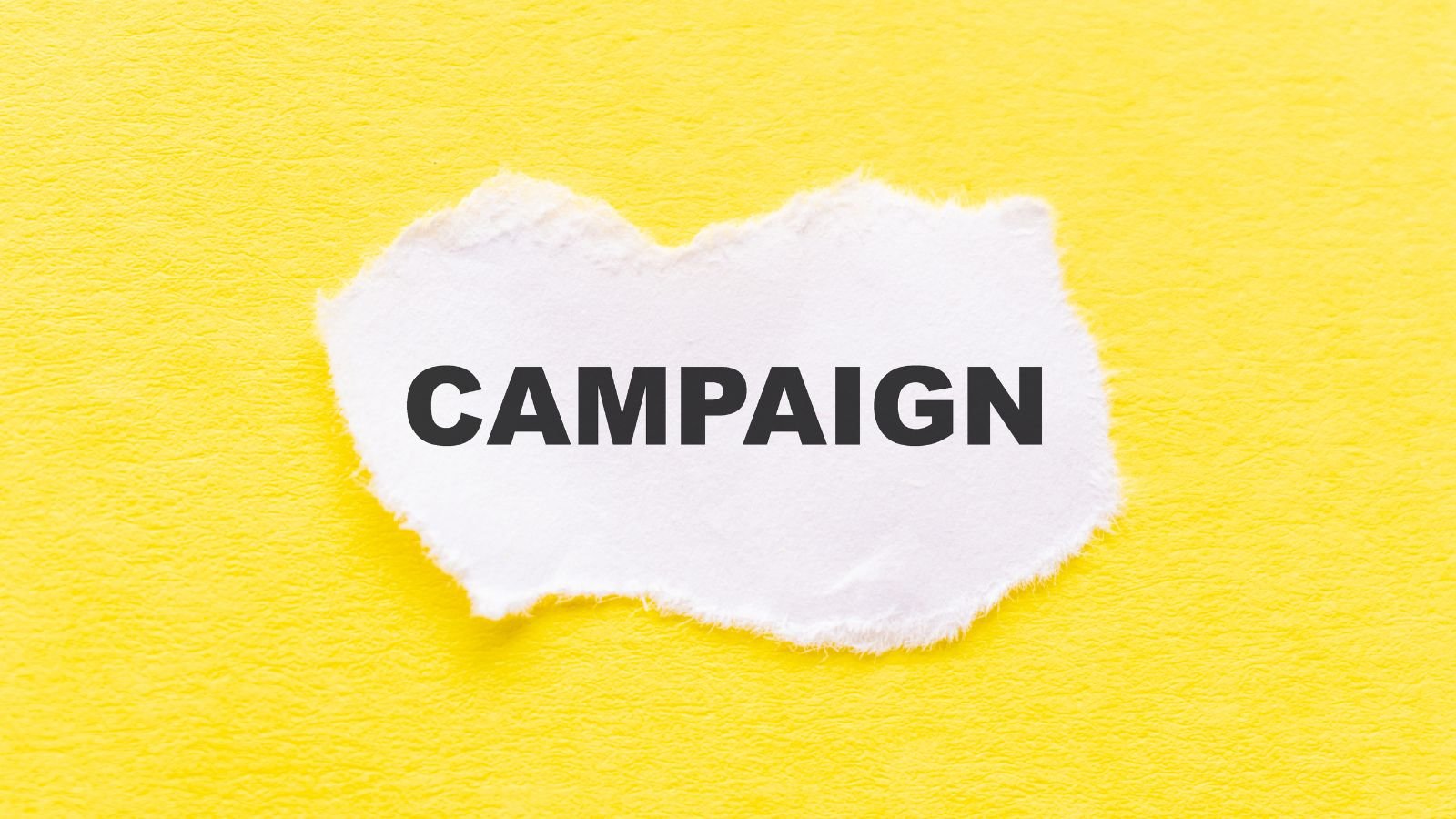
President Joe Biden and Speaker Mike Johnson are facing criticism for promoting foreign aid as an investment in the US economy. Critics argue that this is just a way to support domestic corporate welfare for the military-industrial complex. The ongoing Ukraine/Russia war has been highly profitable for the US weapons industry, with record-high profits at the military-industrial complex. The money that goes to weapons manufacturers also influences Washington, DC, supporting think-tanks and political campaigns that promote war. Critics argue that the argument that more war spending is good for the economy ignores the 'broken window fallacy,' which suggests that the money spent on war could have been used in ways that create more wealth and jobs. Speaker Johnson has defended sending money overseas, claiming it is good for the US economy. However, critics argue that this is just another way of taking from the poor at home to give to the rich in foreign countries. The author suggests that instead of promoting foreign aid and corporate welfare, the US should end all foreign aid and corporate welfare.
Recent scrutiny has surrounded House Speaker Mike Johnson’s congressional campaign finances, with renewed attention on donations from Russian nationals routed through American Ethane. Konstantin Nikolaev, a billionaire with ties to Russian President Vladimir Putin, emerges as a central figure in this controversy, raising questions about potential influences on American politics. American Ethane, co-founded by American John Houghtaling, garnered attention for its substantial ownership by three Russian nationals: Konstantin Nikolaev, Mikhail Yuriev, and Andrey Kunatbaev. Social media users have been quick to draw connections between Johnson’s campaign finances and his stance on foreign aid, highlighting concerns about potential conflicts of interest and undue influence in policymaking. Konstantin Nikolaev, at 52, boasts a significant fortune and has held prominent positions in Russia, including serving as minister of transport for the Russian Federation. His involvement in various industries, including rail transport and ammunition supply, underscores his multifaceted influence. Nikolaev’s ownership stake in Globaltrans, Russia’s largest private rail transport operator, exemplifies his extensive business interests. Forbes has estimated Nikolaev’s net worth at $1.2 billion, solidifying his status as a prominent figure in Russian business and political circles. Nikolaev’s association with Maria Butina, a convicted Russian agent, sheds light on his role in supporting individuals linked to Russian influence campaigns in the United States, raising concerns about the extent of his influence on American politics. Critics highlight the ethical implications of accepting campaign funds from individuals with close ties to foreign governments, emphasizing the need for transparency and accountability in political fundraising. Calls for accountability and regulatory reforms to prevent undue foreign influence on American democracy become more pronounced. [db24827e]
Konstantin Nikolaev, a close associate of Russian President Vladimir Putin, made donations to House Speaker Mike Johnson's congressional campaign in 2018 through the Texas-based American Ethane company, which was predominantly owned by three Russian nationals at the time. Johnson's campaign returned the funds upon becoming aware of the situation. The connection between Johnson and individuals with ties to Russia has raised questions about the integrity of political funding. Nikolaev, a billionaire with a background in transportation, owns a significant portion of Globaltrans, Russia's largest private rail transport operator, and has vested interests in Tula Cartridge Works, a supplier of ammunition to Russian forces involved in the Ukraine conflict. He gained notoriety for his support of Maria Butina, a Russian citizen convicted of acting as an unregistered foreign agent in the US. Johnson's recent opposition to a foreign aid bill for Ukraine has sparked public scrutiny, with some linking it to his campaign contributions.
Wijnand Herinckx, a 40-year-old Dutch citizen living in Moscow, has built a thriving business that provides Russian consumers with Western goods whose makers have pulled out of Russia. Herinckx's business obtains branded goods including Nike and Lego by using intermediaries with no apparent connection to Russia as buyers, then ships the goods to Russia and delivers them to retailers. Western governments' restrictions on Russia have led to a decrease in the value of Nike products imported to Russia, but Herinckx's operation shows that where there's demand, someone will meet it. Herinckx's Russian company employs 82 staff and forecasts revenues in 2024 of 35 million euros. He imports Lego bricks by inserting a chain of intermediaries between Lego and Russia, and some goods come via Turkey, a favored hub for grey-market imports to Russia. Herinckx's operation indirectly helps the Russian economy by allowing consumers to buy foreign goods. Lego has accused Herinckx's firm of falsely claiming to collaborate with Lego and has taken action to address the issue. Nike has not commented on the situation. [f84cbc49]